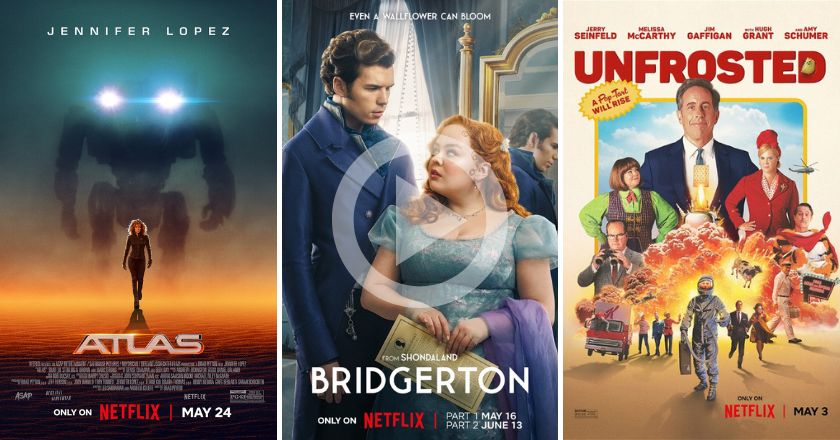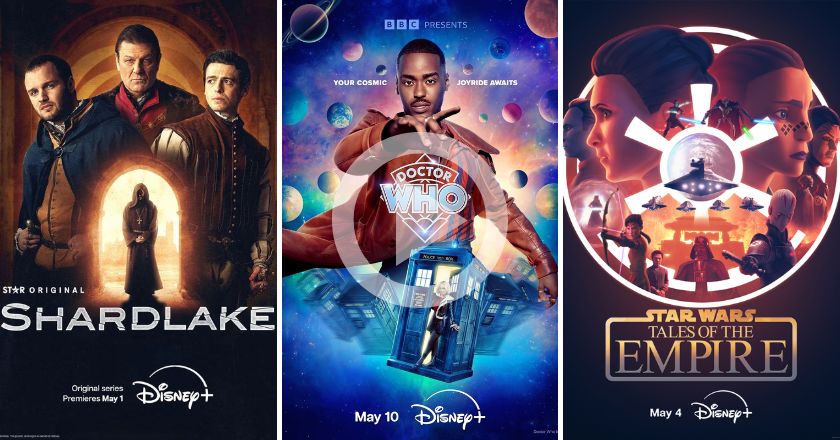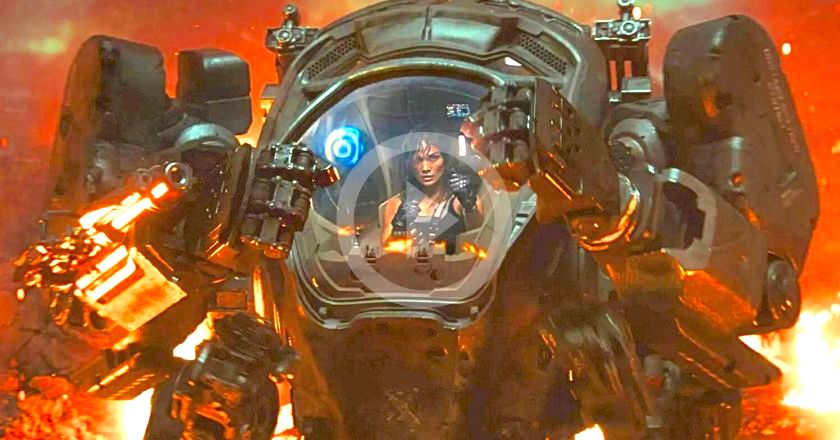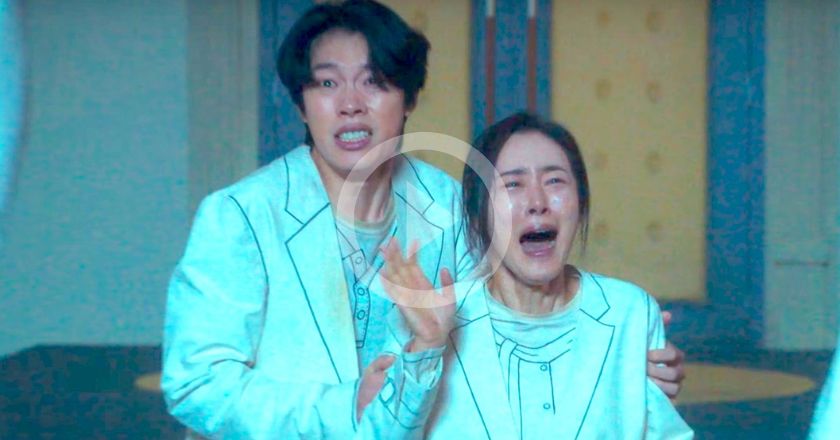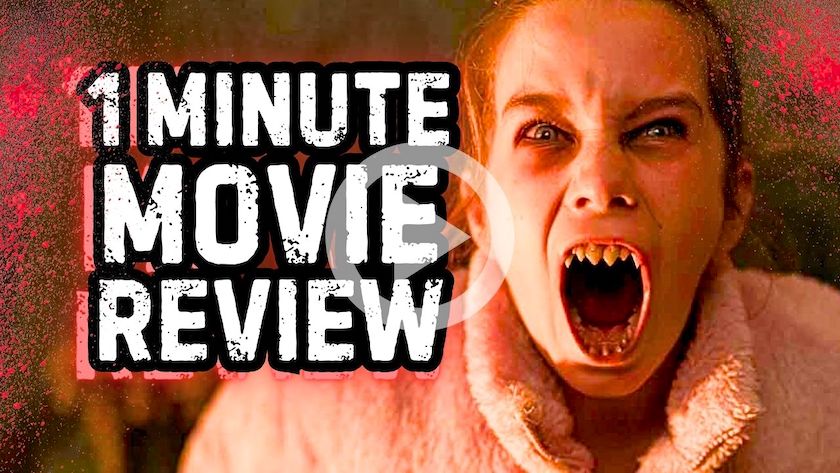
After 10 years of Marvel Studios schooling the world on franchise building, it’s hard not to start seeing patterns in the debut movies it gives its heroes. But for all the Marvel tropes it employs, there is undeniably something special about the crazy and colourful afro-fantasy that is Black Panther. We’ve seen plenty of movies that have built their futuristic worlds around influences from various Eastern cultures and Western myths, but the exaggerated African amalgam that is Wakanda is something wholly different, not just for super-hero movies, but for Hollywood in general.
Following his debut in Captain America: Civil War, T’Challa (Chadwick Boseman) has returned to his isolated homeland where he awaits his coronation as the new king of Wakanda. Unbeknownst to the rest of the world, the fictitious African nation has a near limitless supply of an alien material called vibranium (a substance that’s reared its head in a few Marvel movies now), which they have used to make giant technological leaps forward and prosper in secret while the rest of the world spent the last 100-odd years blowing itself up. More importantly though, it’s also allowed them to build a badass super-suit for T’Challa, which he happily dons to go put the hurt on an old Wakandan enemy named Ulysses Klaue (Andy Serkis), who has recently resurfaced to steal and sell vibranium with his new buddy Erik Stevens aka Killmonger (Michael B. Jordan).
While Black Panther manages to skip the pitfalls of an origin story by throwing you right into the life of an already seasoned hero, it does still take a little while to get going thanks to some necessary, but slow, world-building. Luckily, this is one of the more interesting conceits Marvel have given us, and (aside from the mandatory opening history lesson) exploring this African utopia turns out to be a lot of fun in a way Asgard never was for the Thor movies. And Asgard was a place was filled with super-powered Vikings. The tribal traditions, the colourful fashion, and the nature-based design aesthetics we associate with African culture are all brought romantically to their scientific conclusion in a way that can’t help but spark your imagination.

Once you’re brought up to speed though, Black Panther kicks into gear with a very James Bond-feeling mission into a South Korean casino. It’s here you finally get to see what’s so damn cool about our cat-costumed hero and, more importantly, his sisters-in-arms. Joining T’Challa throughout the movie, we have Nakia (Lupita Nyong’o), a ‘War Dog’ (a spy sent out to monitor the outside world) and former love-interest for T’Challa; Okoye (Danai Gurira), a traditionalist and leader of the Dora Milaje (an all-female version of the secret service, but with cooler outfits and vibranium spears); and Shuri (Letitia Wright), T’Challa’s actual sister and the woman behind all his cool tech. While the real conflict of the plot is based around T’Challa defending the throne, these three show-stealers give the film some real heart and ensure both the story and the action is just as captivating whenever we navigate away from our leading man.
With Black Panther, Marvel have again demonstrated their increasingly good eye for finding the right directors to connect to their beloved characters. In his third feature film, Fruitvale Station and Creed helmer Ryan Coogler (who also co-wrote the script along with Joe Robert Cole) takes the themes of injustice and community from his previous movies and structures his big-budget superhero flick around them. More impressively, he allows his villain to be the voice of liberation and an end to oppression, ensuring there is a complex debate fueling the conflict rather than just some dude trying to blow up a city.
As much as Coogler nails it with the style and subject matter, he does seem to struggle at times with the tone of the movie. The sleek Swagger of T’Challa and his comrades is just so undeniably cool, and Marvel’s now trademark humour and quippy dialogue are what we’ve come to love about the studio’s movies, but it feels like there are two voices to the movie and the tones often don’t mesh. There’s one Black Panther that wants its heroes to be tactical and nonchalant, and there’s another that wants T’Challa to gloat to the camera with a cheeky wink before the orchestra starts swelling.

The biggest crime though, and this is one I didn’t see coming, is the surprising amount of average to poor CGI that pops up around the movie. Don’t get me wrong, Black Panther is a gorgeous film filled with bright colours and genius designs, but in a few too many key moments the backgrounds are poorly rendered, the green-screen behind the actors obvious, and the characters look cartoony and weightless. It’s probably a good thing that the movie’s biggest flaw is a technical one rather than relating to the characters or story, so hopefully it’s not something that will bother as much on repeated viewing. Still, there’s no denying it’s a distraction the first time round, especially knowing just how big the studio is and how impressive some of their visuals have been in the riskiest of their projects. Tragically, this problem is at its worst in the movie’s big climax, robbing it of its sense of wonder and leaving the movie’s best action set-piece to be over and done with before you’re halfway through the runtime.
Even though the studio may have fallen a little behind their usual standard in the effects department, Black Panther is certainly a step forward when it comes to its villains (which has long been the biggest complaint against the MCU). Serkis is a tonne of fun as the one-armed, South African plunderer Klaue, who’s only gotten more eccentric since we first met him in Age of Ultron. Of course the real antagonist of the story is Killmonger, a vicious and calculating black ops soldier hellbent on ending black oppression by any means necessary. Jordan, who starred in Coogler’s previous outings, brings a pain-fueled fury to the film that makes him equally terrifying and sympathetic. His methods are far too monstrous for you to ever doubt who the bad guy is, but his motivations come from a very real place and are hard to disagree with, especially given the reasons behind Wakanda’s stance on the issues Black Panther is trying to tackle.
With all this world-building and great new characters, our star does get a little lost in the shuffle at times. Boseman is great here, and lends a much-appreciated regal presence to the movie, but having already introduced us to T’Challa in Civil War, he’s more used as our entry point into the world of Wakanda. Which is totally fine; after all, the promise of Marvel’s first installments is to show us some new section of their universe and get us excited to see it crash against everything else down the track. And on that measure alone, Black Panther is another win for Marvel, as this is easily one of the coolest corners of the MCU.
SCREEN REALM SCORE: ★★★★☆
https://www.youtube.com/watch?v=a5OidR8evgY
SaveSave

